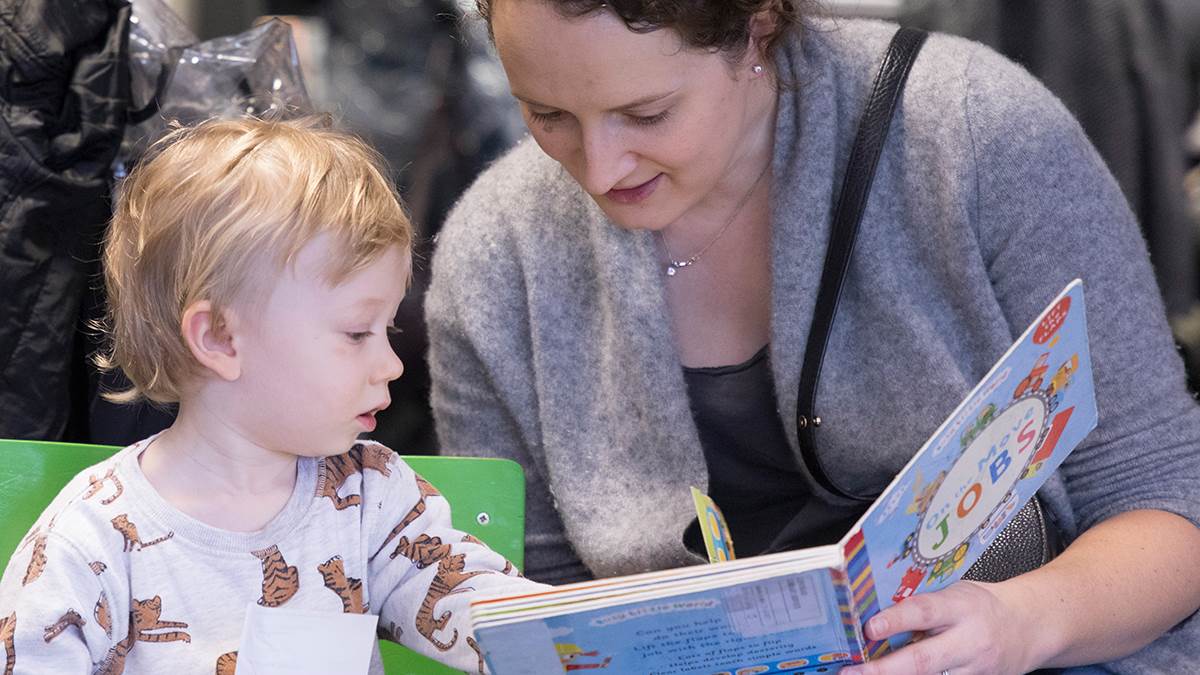A recent study suggests that reading to your children is invaluable for their knowledge and development. It continues to imply that kids whose parents read five books a day to them start kindergarten having heard about 1.4 million more words as opposed to kids who were never read to — and that is massive.
The “million-word gap” is a crucial part in explaining vocabulary and reading development differences, according to a study conducted by Ohio State University.
The million word gap: Latest Library Links https://t.co/PsXy0vfA12
— American Libraries (@amlibraries) April 4, 2019
Jessica Logan, a member of Ohio State’s Crane Center for Early Childhood Research and Policy, said: “Kids who hear more vocabulary words are going to be better prepared to see those words in print when they enter school.” They are likely to pick up reading skills more quickly and easily.”
Ms. Logan and her colleagues got the idea after noticing that about 25% of children in a national sample were almost never read to, and another fourth were read to only once or twice a week. “The fact that we had so many parents who said they never or seldom read to their kids was pretty shocking to us. We wanted to figure out what that might mean for their kids,” Logan responded.
Today I learned about the 'Million word gap'.
The difference between kids who have been read to and kids who haven't equates to children whose parents read books to them entering kindergarten knowing 1 million words more than those whose parents never read to them. pic.twitter.com/cDt9lwKjea
— Cardi Bay (@TweetsByDre88) April 5, 2019
Here is how many words kids would have heard by the time they were five years old:
- Never read to: 4,662 words
- Read to once or twice per week: 63,570 words;
- Read to three to five times per week: 169,520 words
- Read to daily: 296,660 words
- Five books a day: 1,483,300 words
“The word gap of more than 1 million words between children raised in a literacy-rich environment and those who were never read to is striking,” Logan replied.
It is important to mention here that the vocabulary gap studied here is entirely different from a conversational word gap. “This isn’t about everyday communication. “The words kids hear in books are going to be much more complex, difficult words than they hear just talking to their parents and others in the home,” Logan said.
Although important for your kid’s mental development, reading books is also a great time to bond with each other, learn something new while enjoying your time together.


Leave a Reply